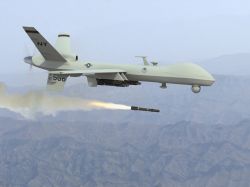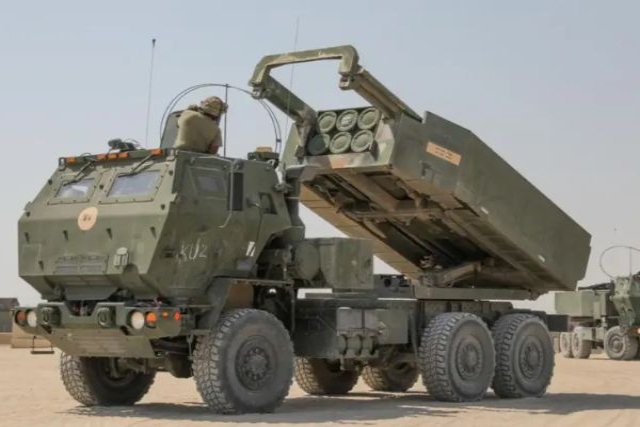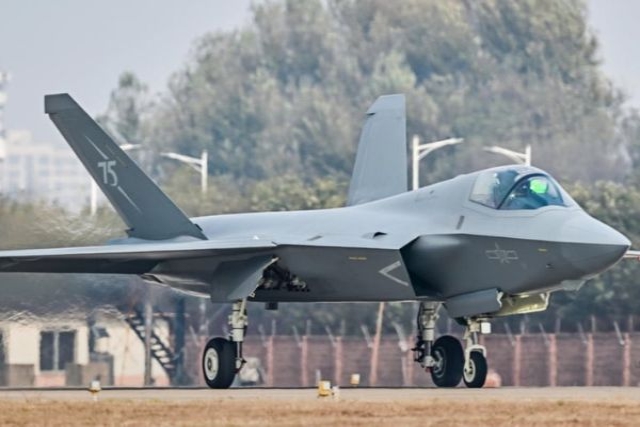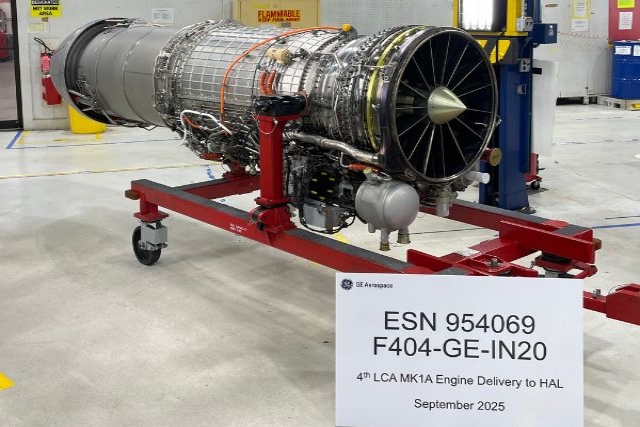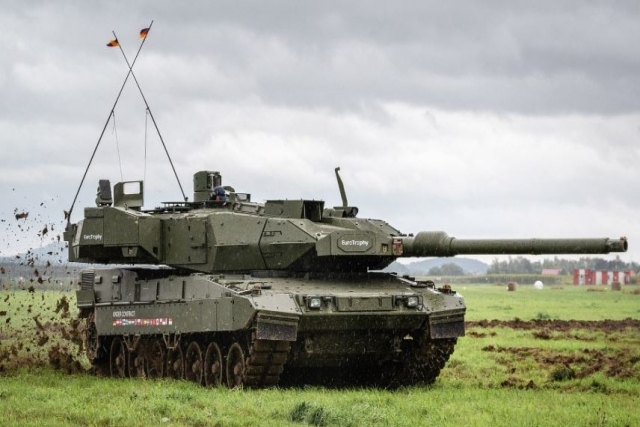Bigger, Faster UAV's At Singapore Air Show 2014

Bigger and more powerful Unmanned Aerial Vehicles (UAVs) with advanced capabilities are being showcased by a various defense companies at the Singapore Air Show this week.
The Israel Aerospace Industries (IAI) has unveiled the latest version of the Heron UAV called the Super Heron HF.
The latest addition to the Heron family uses a 200-horsepower heavy fuel (diesel) engine
will be faster and offer significant capability enhancements and improved rates of climb compared with previous Herons.
Air speed will exceed 150 knots compared with the present Heron figure of 115 knots; maximum takeoff weight has increased 200 kilograms to 1,450 kilograms. Payload weight is 450 kilograms, said the company in a statement.
Also installed on the aircraft are an impressive array of sensors, including the MOSP3000-HD EO/IRturret with laser rangefinder/designator and ELM-2055D SAR/GMTI radar.
Antennas and pods for various electronic warfare and intelligence-gathering systems are also represented.
Another Israeli-based firm Commtact introduced a miniaturised data terminal for unmanned aerial vehicles.
The Advanced Mini Link System (AMLS), has an airborne module that weighs in at 300 g and is touted to significantly reduce take-off weight for unmanned aircraft, allowing operators to increase payloads should the mission call for it, according to reports.
The AMLS has a range of up to 100 km and allows operators to receive on-board sensors data, including real-time video images, from the UAV via embedded H264 compression.
Meanwhile, Nanyang Technological University (NTU) will be showcasing its latest in Unmanned Aerial Vehicle (UAV) technology.
NTU will put on display 12 quad-rotor drones made up of a carbon fiber frame, with four rotors that are six to eight inches long. On it are radio control modules, sensors and electronics, complete with a battery pack. For the UAVs to fly in a certain pattern, the team has to first upload their specified pathways to their unique software, which then programs the flying instructions for each of the 12 drones, the company said.
“UAV hardware can be easily bought off the shelf, but expertise know-how in programming is not as easily acquired, hence the need to do research and to train manpower in this field,” Professor Low Kin Huat from NTU’s School of Mechanical and Aerospace Engineering. “With growing interest by businesses to use drones as delivery vehicles, and to be autonomous aerial cameras for mapping and observation purposes, it is important that Singapore and NTU continue at the cutting-edge of such technology.
SAAB is also displaying its VTOL Skeldar Unmanned Aerial System that is suitable for a wide range of sensor applications to perform missions such as reconnaissance, surveillance and identification.
Skeldar is a fully autonomous VTOL Unmanned Aerial System suitable for a wide range of sensor applications to perform missions such as reconnaissance, surveillance and identification. Skeldar is designed for take-off and recovery on small platforms moving in six degrees of freedom. The Automatic Take Off & Landing system enable day and night operations in harsh conditions, according to the company.
It can hover for hours providing real-time information to a tactical commander, sent to a control station or to a remote video terminal. It is fully autonomous, commanded by high-level-commands such as “Point and Fly” and “Point and Look”, and designed for a range of land, maritime and civil applications.
